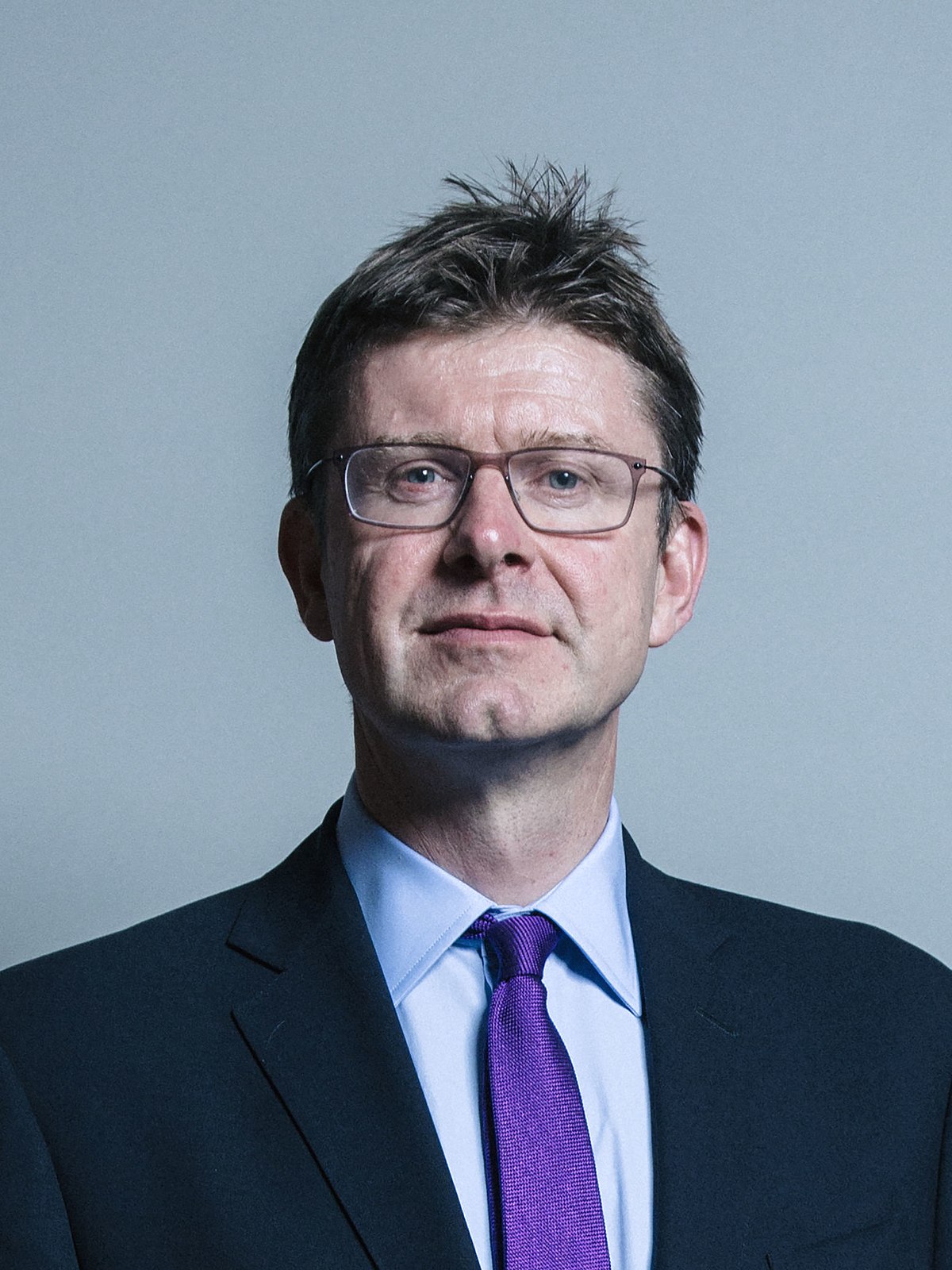By Eric King-
Five winners from the Digital Health catalyst competition are to benefit from a £17m funding project announced on Saturday . The funding is to revolutionize healthcare and drastically improve the NHS.
The projects include developing artificial intelligence for bed availability in hospitals, 3D printing to create tablets and smart phone applications to improve the treatment of complex wounds
Technology that can transform health and social care, improving treatment and deliver better care for patients
Breakthrough technologies to revolutionize UK healthcare is about to materialize, as a direct result of government competition, according to the Department of Health and Social Care. It will include a GPS app to track where porters and available beds are in hospitals, 3D printing technology for tablets, and smartphone apps to monitor and improve treatment of long-term complex wounds, are just some of the things being developed by the businesses and academics.
Satalia, working with Great Ormond Street Hospital, London, are set to use AI to schedule operating theatre use linked to downstream bed availability on ICU and wards. Medical Data Solutions and Services, working with Manchester University NHS Foundation Trust, will deliver a programme using smartphones apps to support healthcare professionals and patients to monitor and improve treatment of long-term complex wounds.
Kinosis- a mobile surging training platform with a world wide audience who created torch surgery, will be working with UCL Hospitals NHS Trust, London. They will use AI and digital visualization technologies to improve surgical support and performance, while assisting the standardization of surgical procedures through better management of real-time information – the ‘Intelligent Operating Room’.
Navenio Ltd, working with the University of Oxford, will accelerate and enhance systems to track location of porters and equipment in a hospital, for maximum efficiency – ‘an Uber for porters’
Cadscan, working with Chester Hospitals Trust, will deliver a virtual reality platform using VR headsets to help people recover after a stroke.
The projects collectively to receive over £17 million funding to develop their innovations are based throughout the UK, including Devon, Cumbria, Edinburgh, Glasgow, Cardiff, Manchester, Oxford, Cambridge, and London, highlighting the breadth of strengths in addressing new and emerging issues in our world-leading healthcare industry.
Business Secretary Greg Clark said:
Technology is revolutionizing industries across our economy, and new innovations play a key role in advancing our healthcare sector to make sure people are living longer, healthier and happier lives.
By pooling the expertise of the public and private sectors, as highlighted through the Life Sciences Sector Deal and the modern Industrial Strategy, we are making every opportunity to reach our full potential in finding new discoveries and technologies to diagnose illnesses earlier that could lead to more lives saved.

Business Secretary: Greg Clarke
The funding, through the Industrial Strategy Challenge Fund managed by UK Research and Innovation, will also support efforts to enable antibodies to be taken orally rather than through invasive injections and increasing the range of medicines that can be delivered through skin patches.
Ian Campbell, Executive Chair of Innovate UK, for UK Research and Innovation said:
The projects we have funded today aim to make a real difference for patients and clinicians. They represent the very best of British innovation, focusing on improved patient outcomes and driving efficiency. The UK health sector is thriving, with SMEs playing a crucial role. By supporting this sector, as part of the government’s modern industrial strategy, we can ensure we remain global leaders in health innovation and create the jobs of tomorrow.
The development of new and innovative technologies is changing the economy. Through the modern Industrial Strategy the government is committed to embracing emerging technology to transform industries and increase productivity, create new highly skilled jobs and improve living standards.
Matt Hancock, the Secretary of State of Health and Social Care, said:
Innovative technology has the potential to truly transform healthcare for patients and staff. From artificial intelligence to VR to live tracking of hospital beds and equipment, there are so many ways in which the NHS is embracing tech. We are determined to make the NHS the most technologically advanced healthcare system in the world and today’s prizes will help progress towards that goal.

